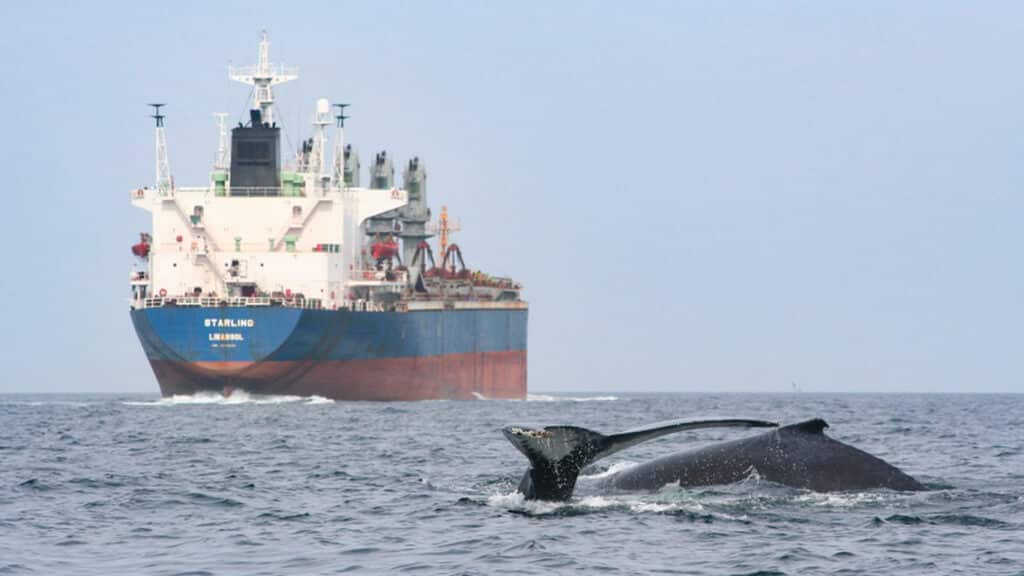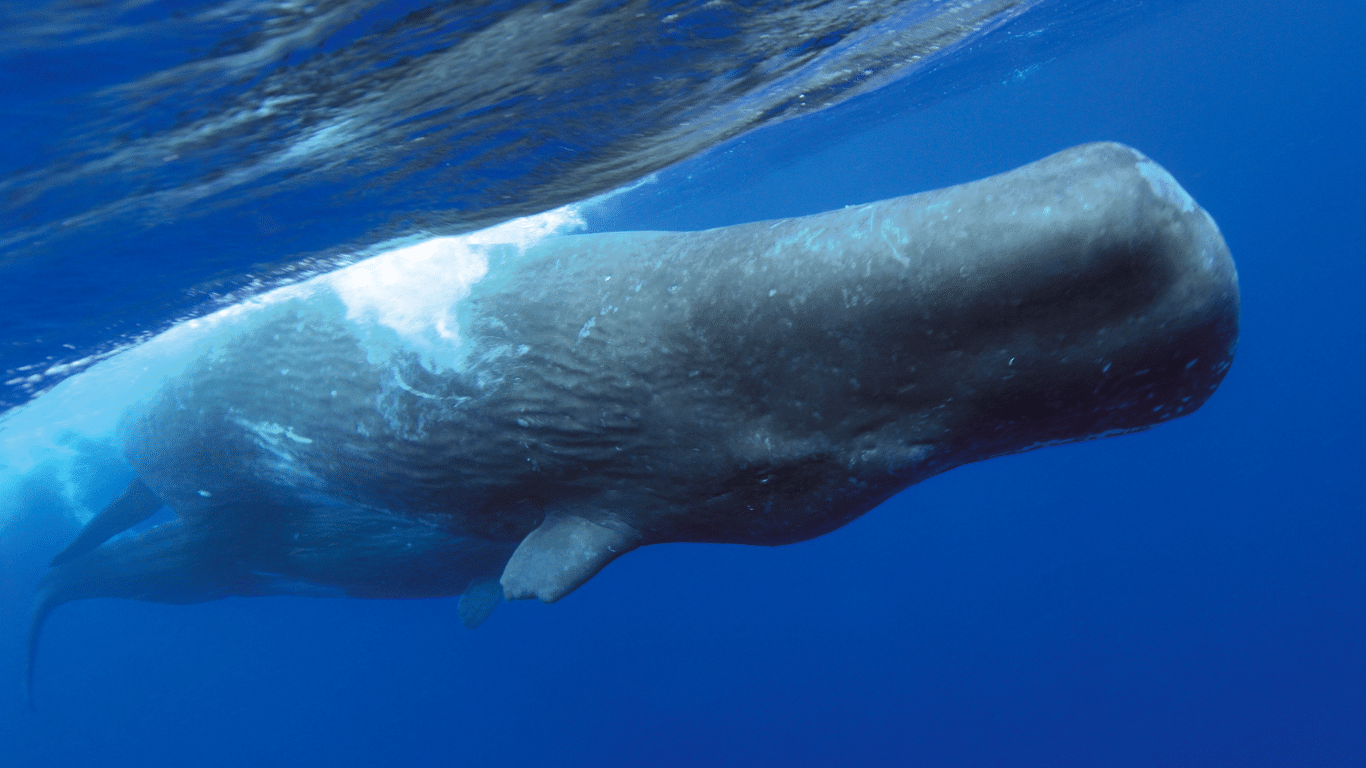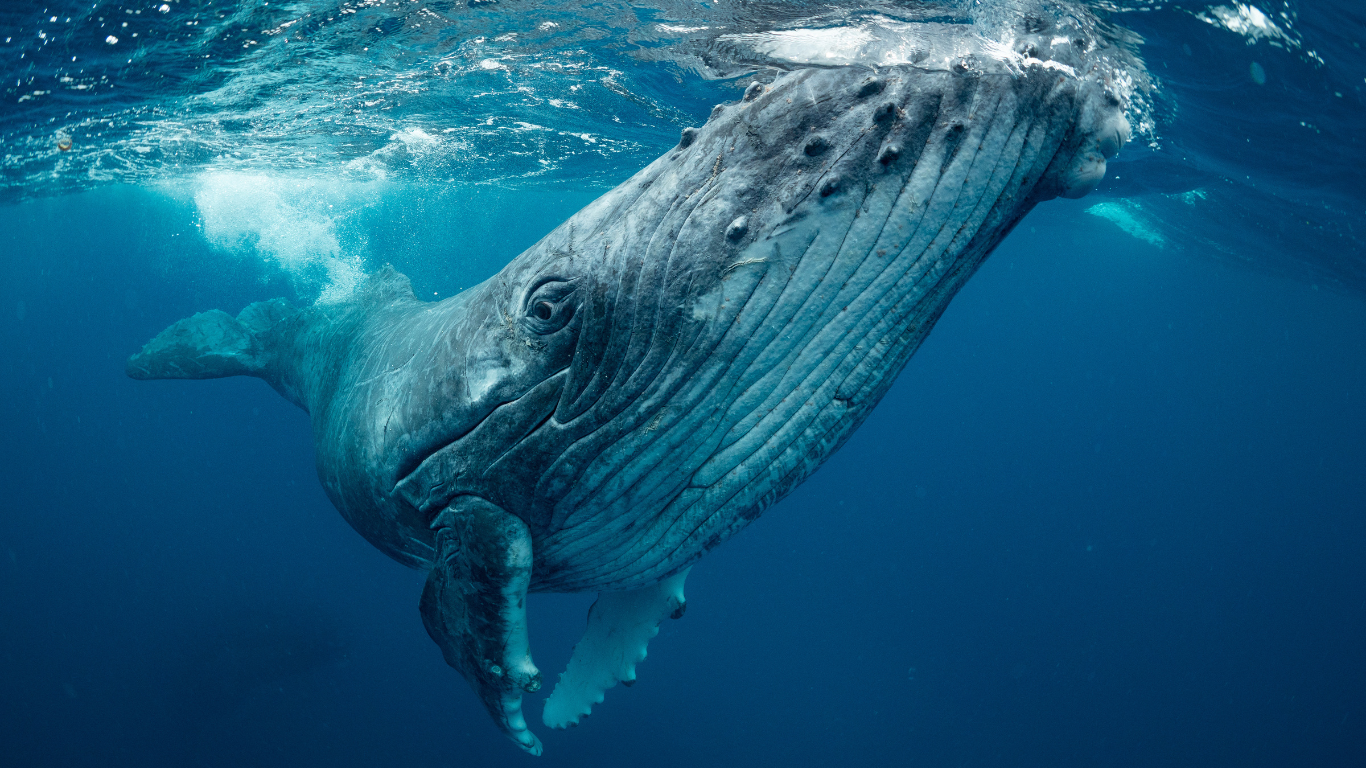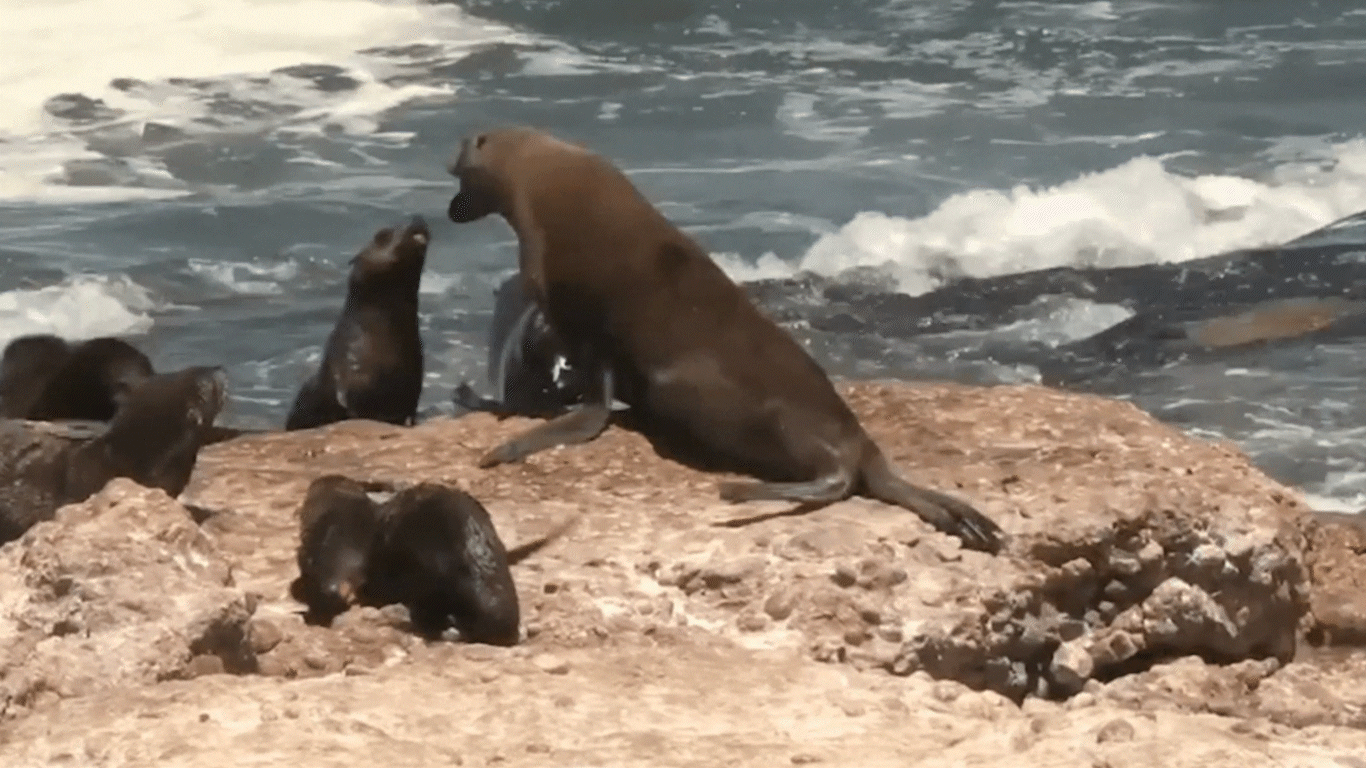A fifth attempt to pass a global treaty to safeguard the world’s oceans and marine life has failed, according to BBC.com.
Discussions to pass the UN High Seas Treaty continued for two weeks in New York, without governments able to come to agreement on the terms. Only 1.2% of international waters are protected, said the BBC, despite the fact that international waters represent almost two-thirds of the world’s oceans. Marine life living outside this small protected area is at risk of harm by overfishing, shipping traffic and climate change.
The UN Convention on the Law of the Sea was the last international agreement on ocean protection, signed 40 years ago in 1982. This agreement defined international waters, called the high seas, where all countries had the right to fish, ship and conduct research.
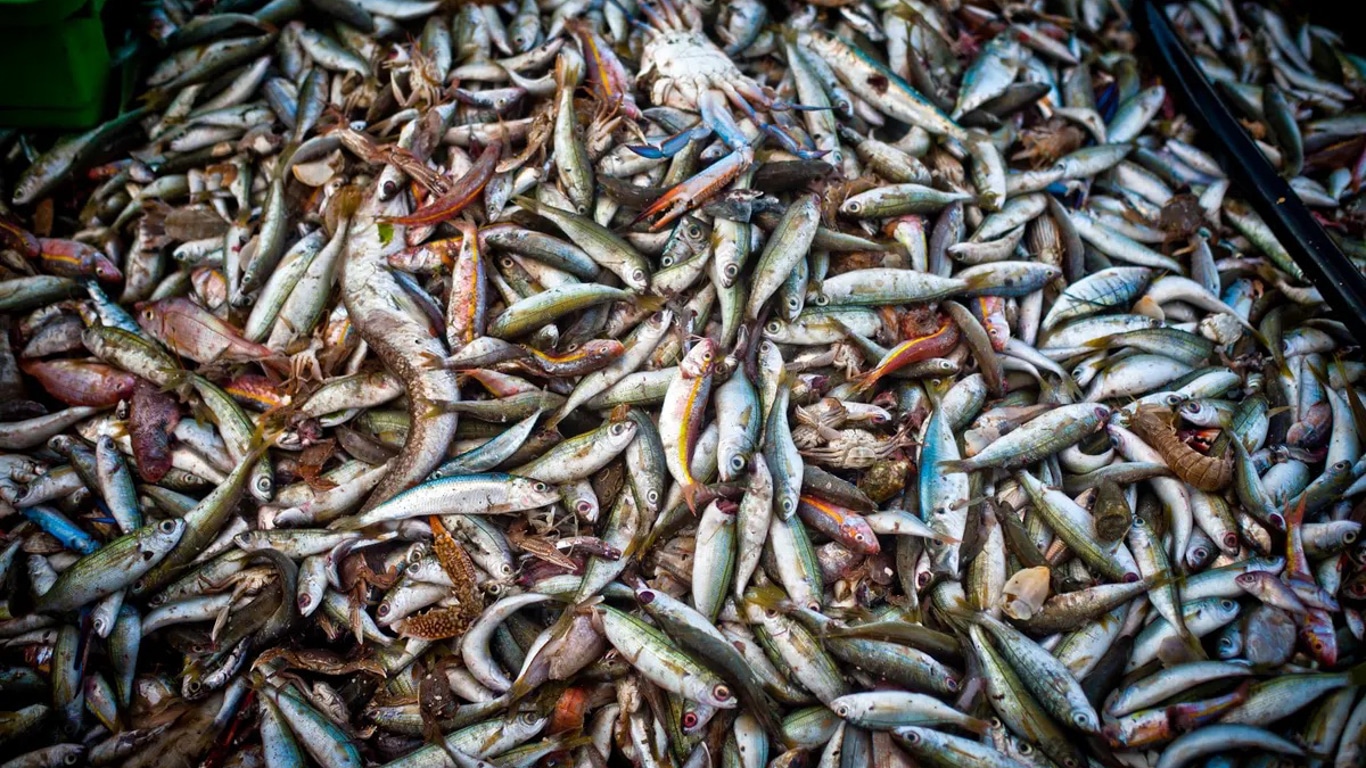
"The high seas are the vital blue heart of the planet,” said senior high seas advisor at the International Union for the Conservation of Nature (IUCN), Kristina Gjerde. The IUCN documents the status of the world’ biodiversity. “What happens on the high seas affects our coastal communities, affects our fisheries, affects our biodiversity – things we all care so much about,” she told the BBC.
Over two weeks, 168 members of the original treaty came together to try and make a new agreement. Prior to the meeting, over 70 countries had already agreed to put 30% of the world’s oceans into protected areas. This would regulate the amount of fishing that could take place, exploration activities like deep-sea mining, and routes of shipping lanes. However, countries failed to reach agreement on key issues of fishing rights, as well as funding and support for developing countries.
There are concerns around the safety of marine life in light of the fact that activities such as deep-sea mining have a potentially toxic impact on marine life – and also that some species, without protection, will become extinct before they are even discovered. According to research published earlier this year funded by the National Oceanic and Atmospheric Administration, around 10% to 15% of marine species currently risk extinction.
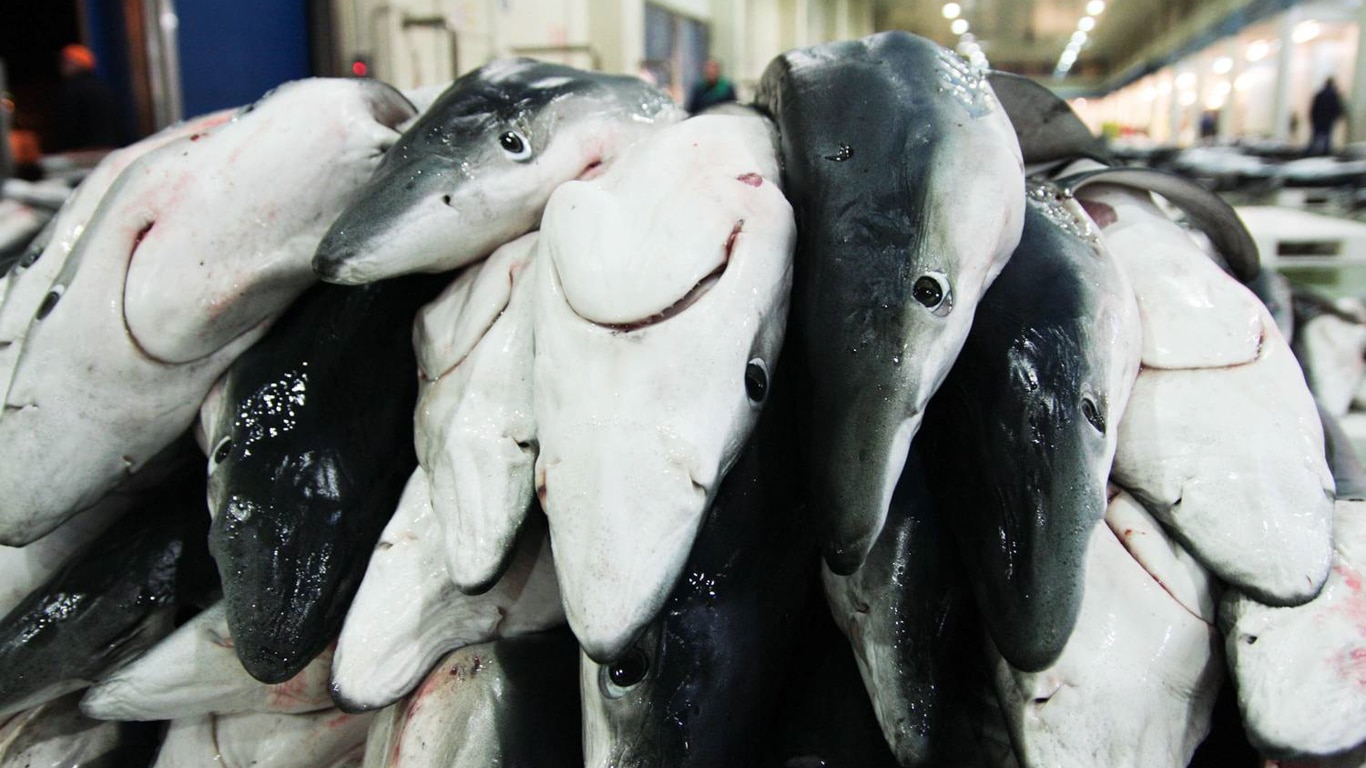
Sharks and rays are among those expected to be greatest hit by the failure to pass the treaty. According to the IUCN, they face a global extinction crisis and are among the most threatened species in the world. Not only are sharks and rays overfished – leading to rapid population declines – but they, along with other migratory species like turtles and whales, come into close contact with human activities, which can cause severe injuries and death.
“Threats to global marine life are severe and worsening every day,” said executive director of Animal Survival International, David Barritt.
“This treaty is absolutely critical to the survival of countless marine species, upon which entire ecosystems rely. The oceans are the lifeblood of our world, and failing to protect them is failing to secure the very future of our planet.”
Banner: Image: Whale Center of New England


